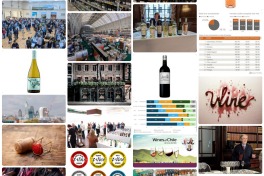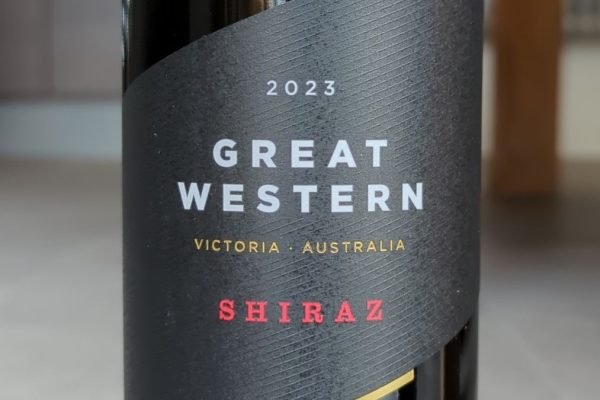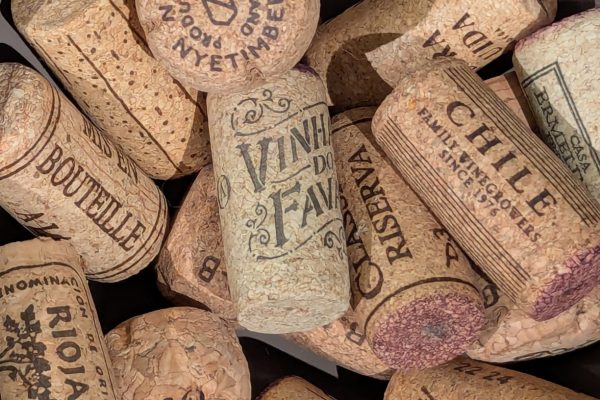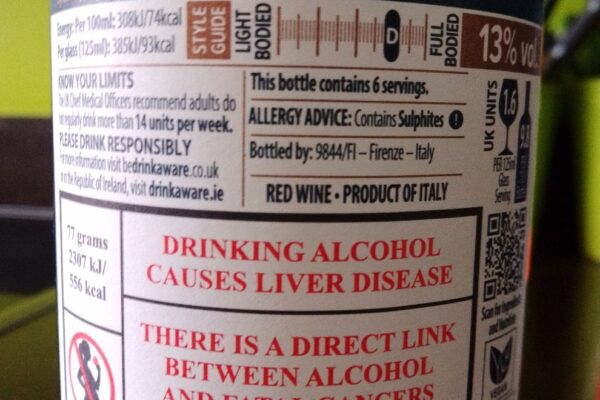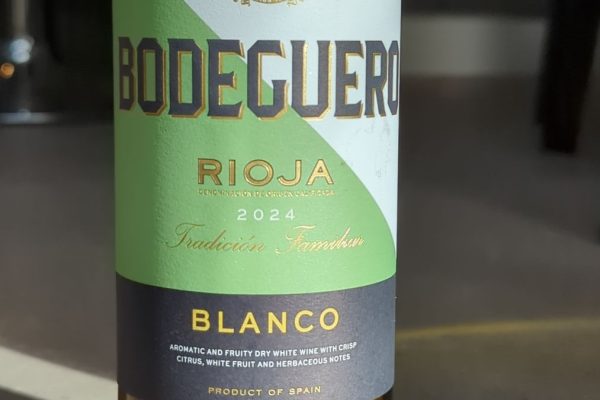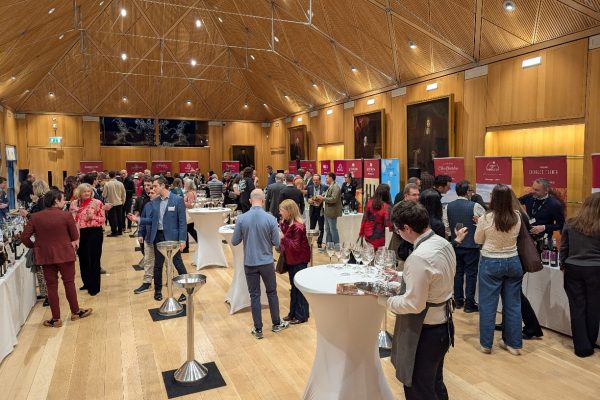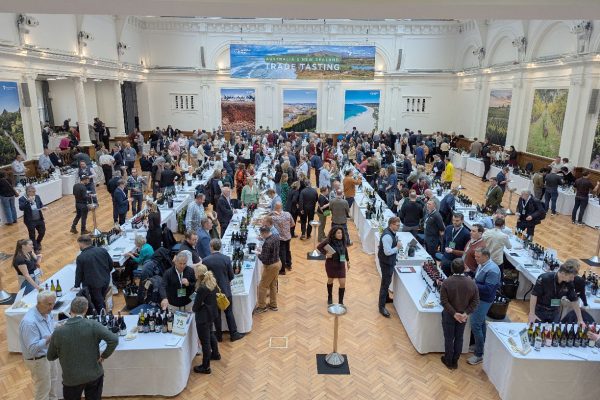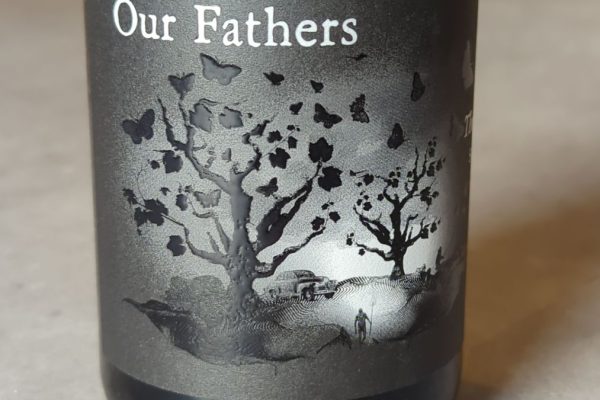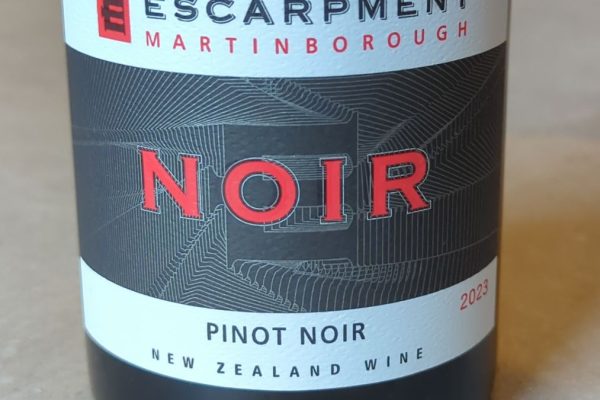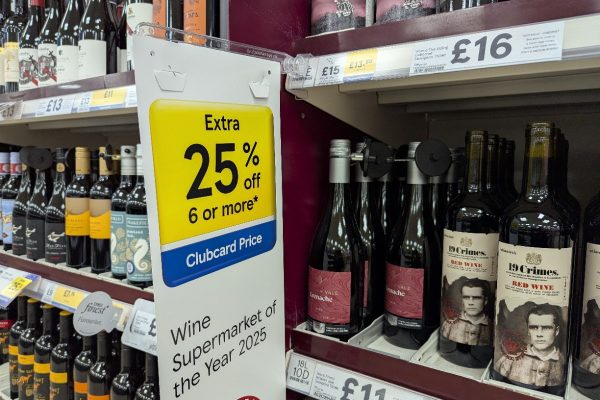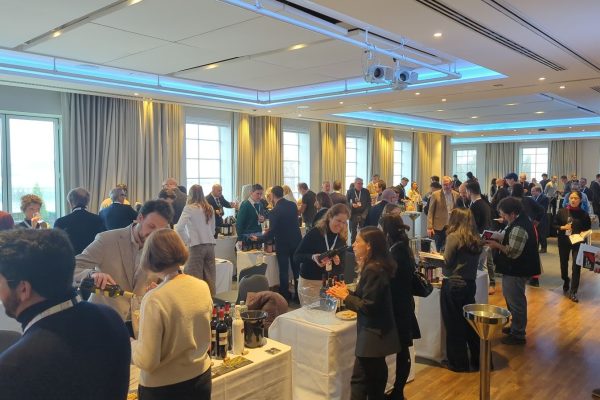
On the 29th of January, I had the pleasure of attending an event celebrating and promoting the 10th anniversary of The Essential Guide to Italian Wine, at Brown’s Hotel in London. A highlight of this tasting was the presence of one of Italy’s most well-known wine connoisseurs, Daniele Cernilli, also known as DoctorWine.
The event featured a walk around tasting, offering the opportunity to experience a selection of wines from Italy’s leading regions. I also attended a masterclass, jointly conducted by Daniele Cernilli and Luigi Buonanno, who is the Head of Sales at Berkmann Wine Cellars. This masterclass focused on a selection of wines produced by the renowned Antinori family. Tignanello, a wine that has been a benchmark in the Italian and international wine scene since its inception in 1970, was among the wines tasted.
Here are the wines I tried, in the walk around tasting, in no particular order:
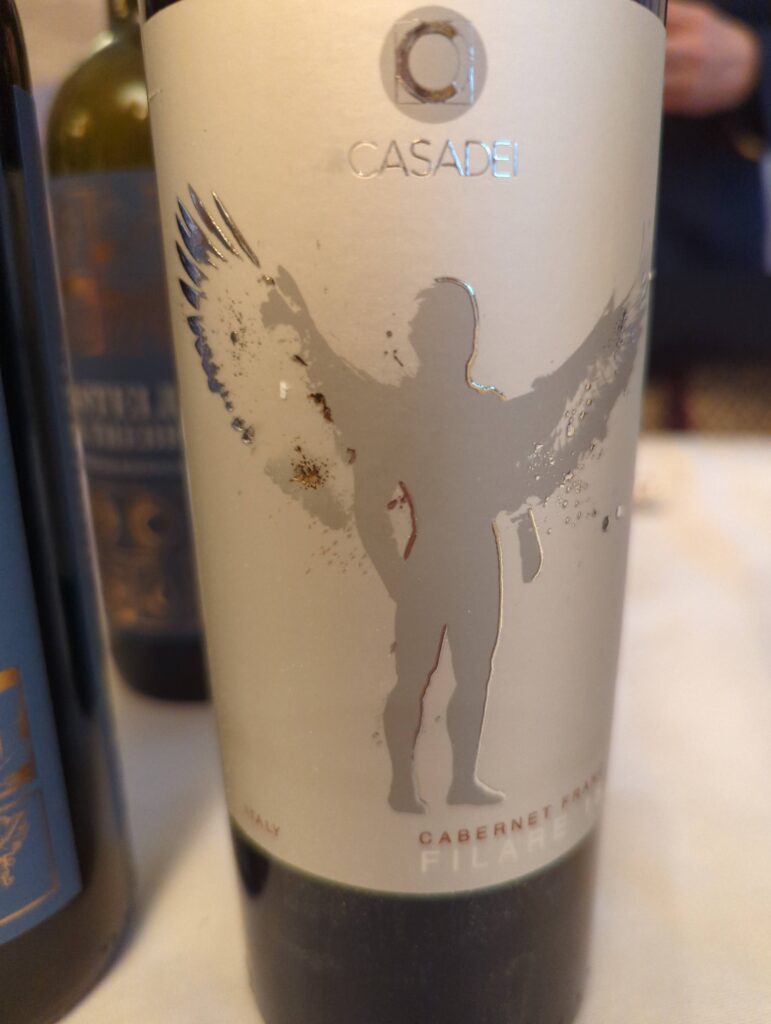

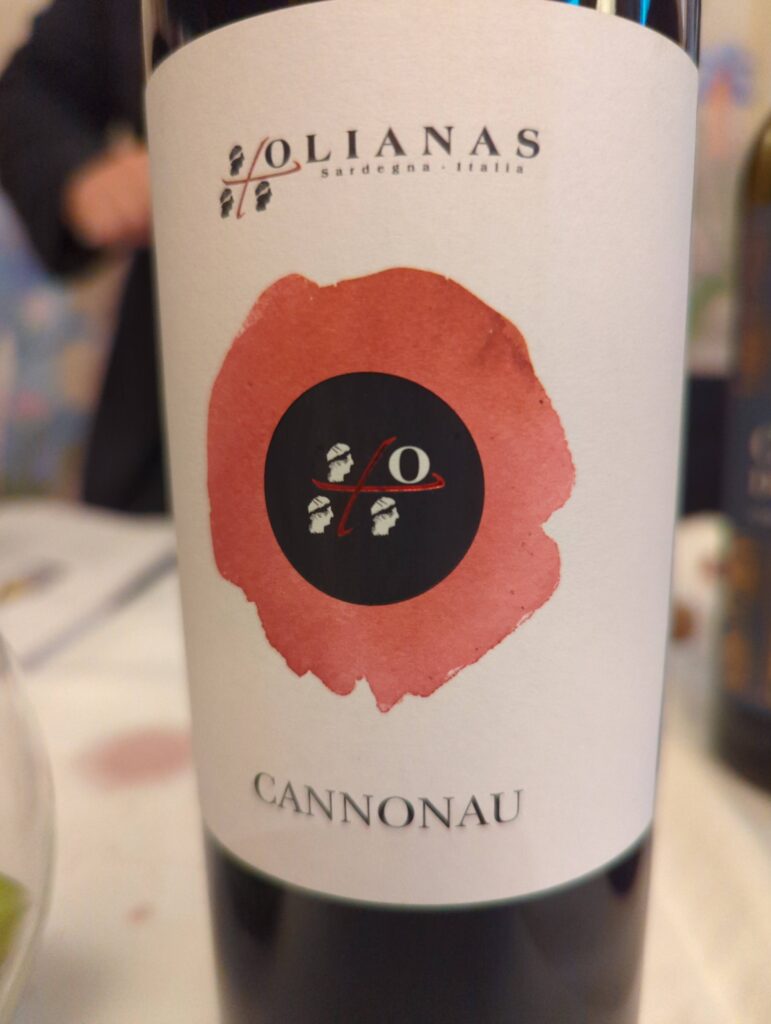
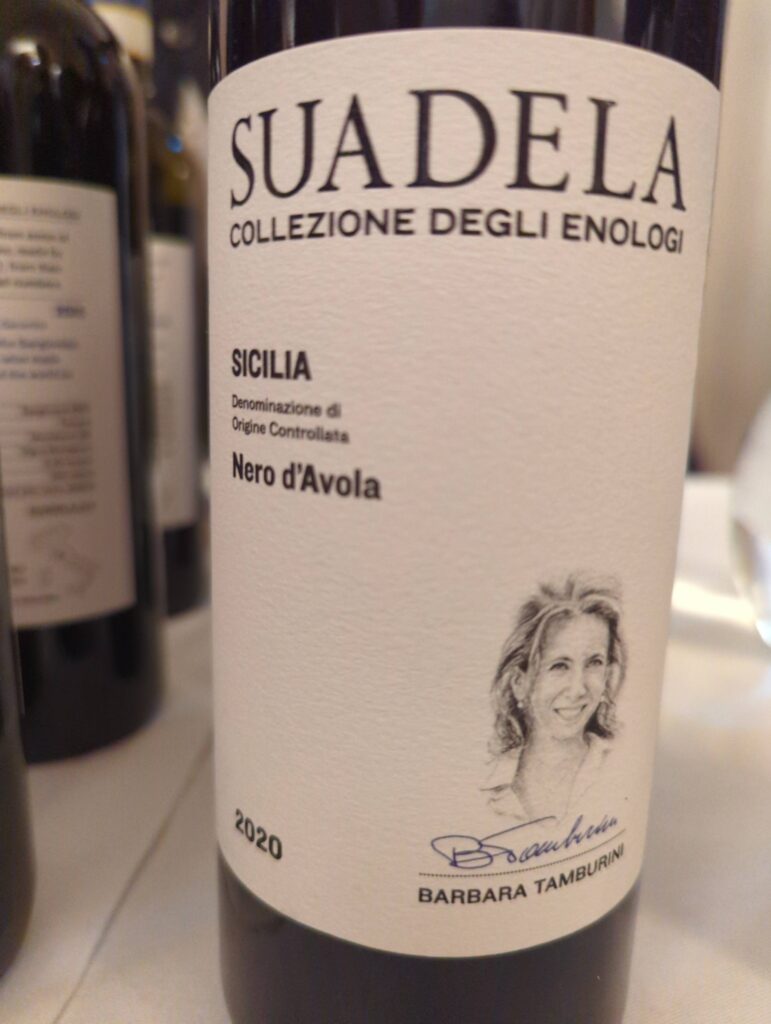

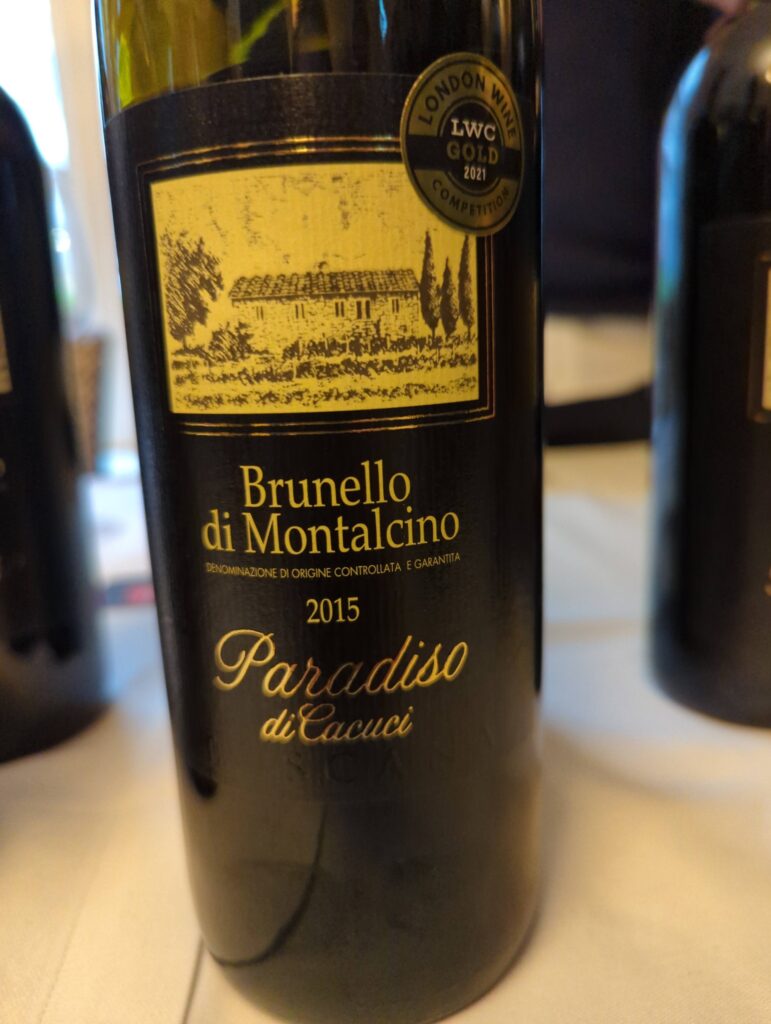
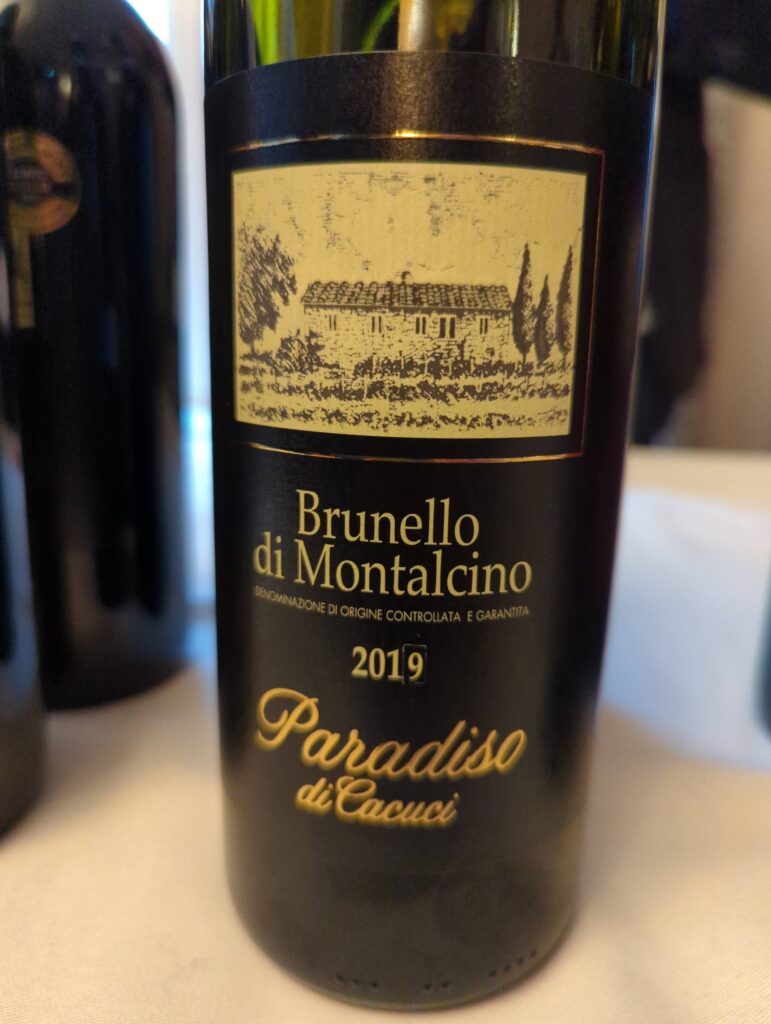
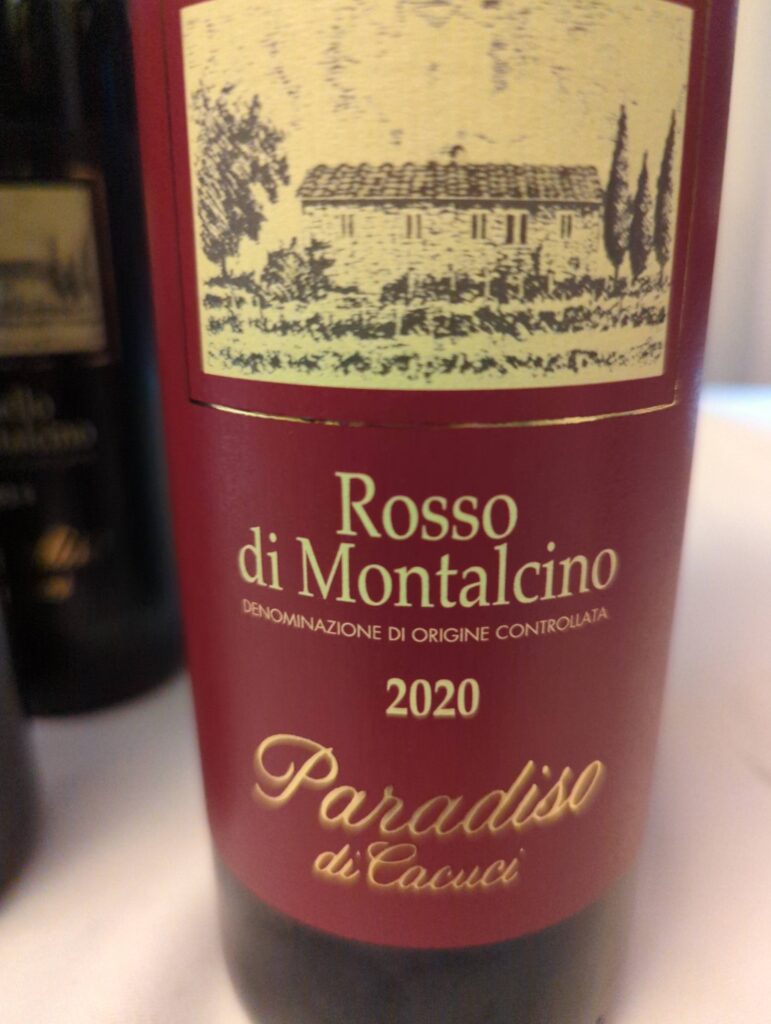

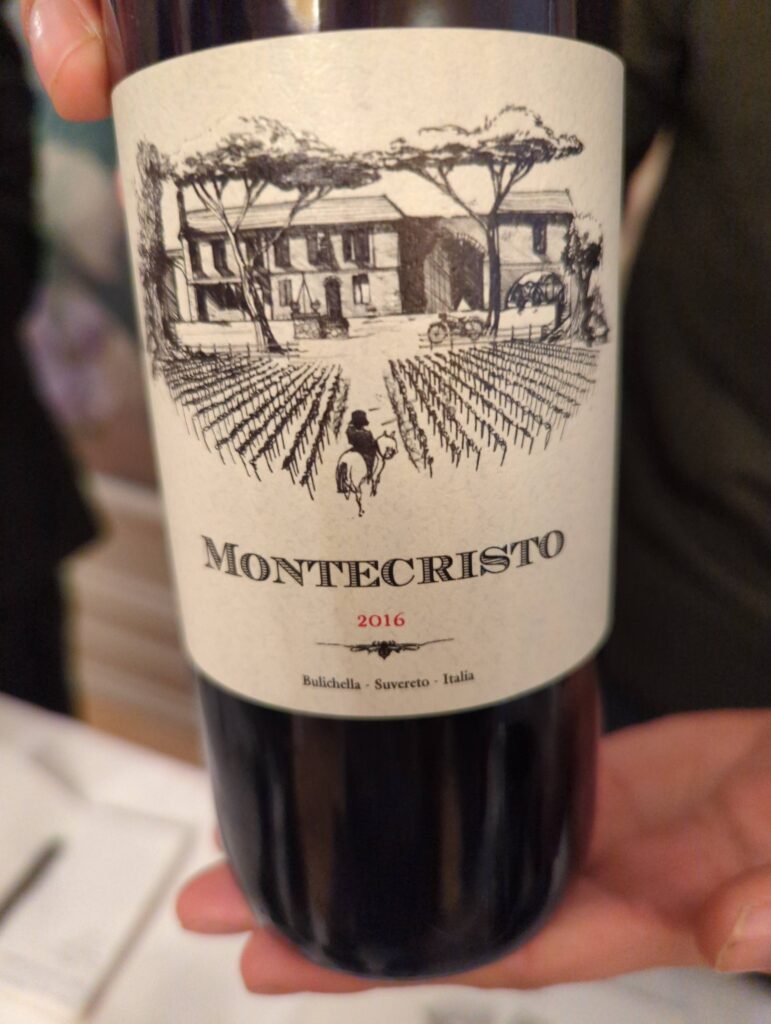
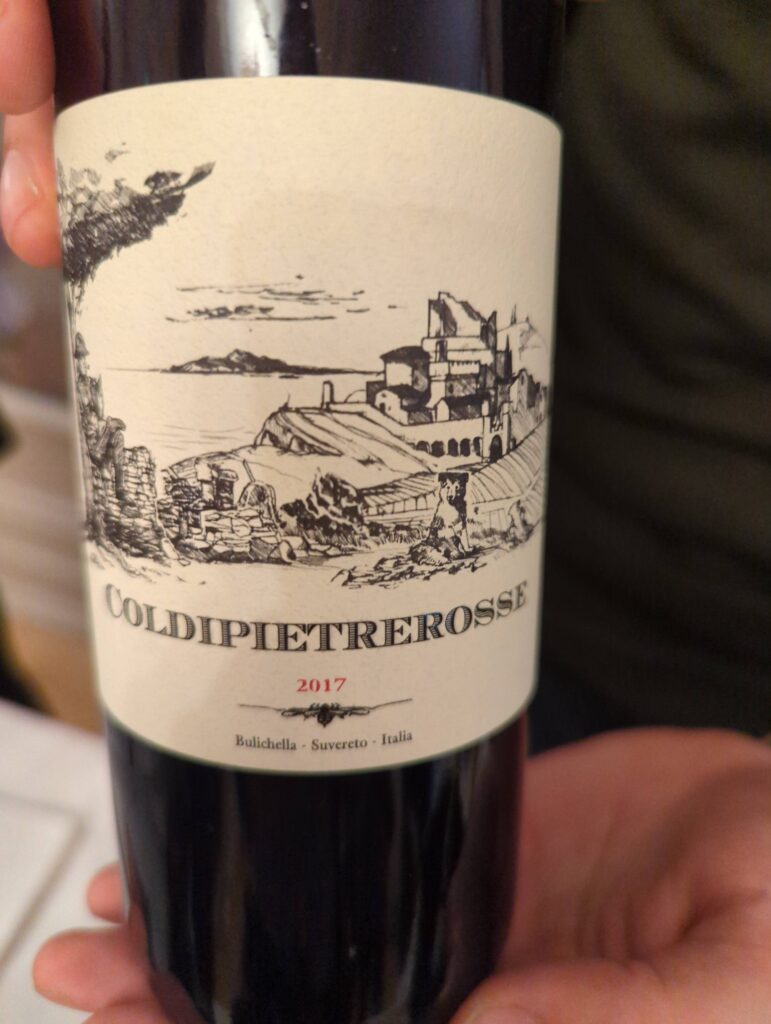
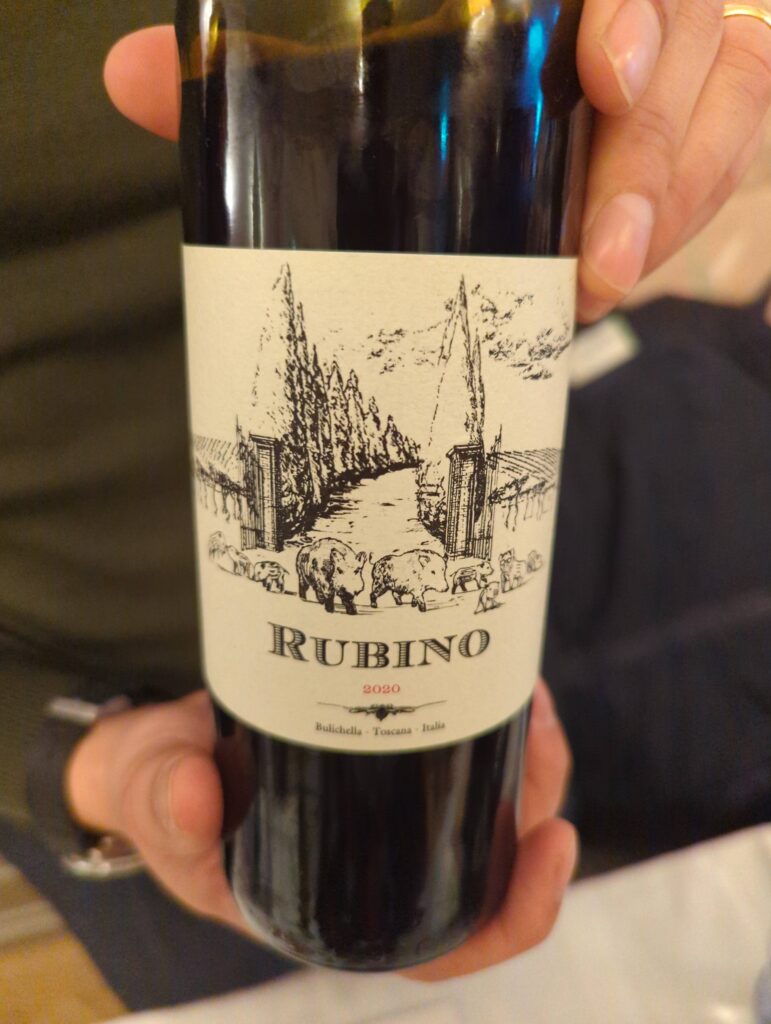
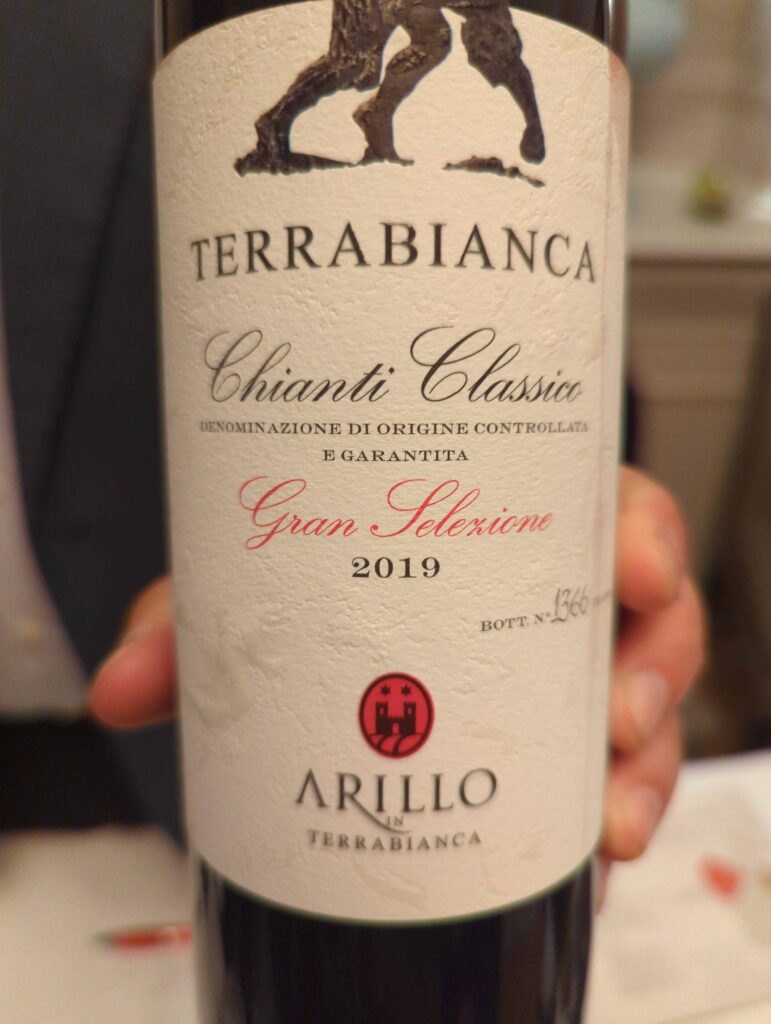
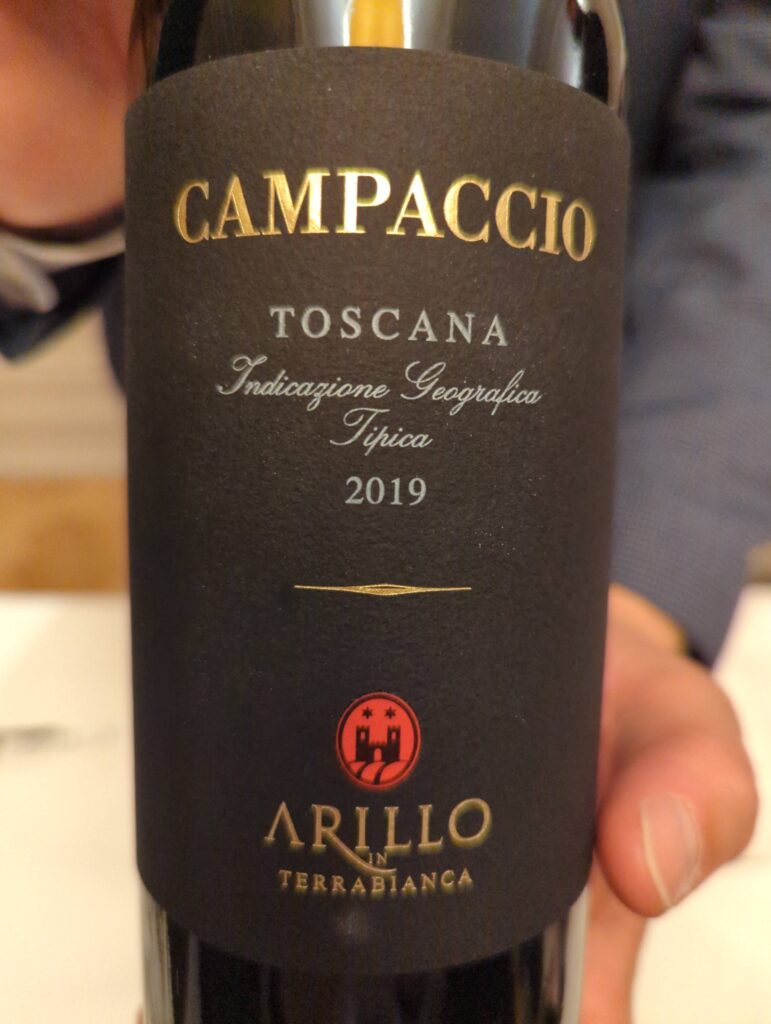
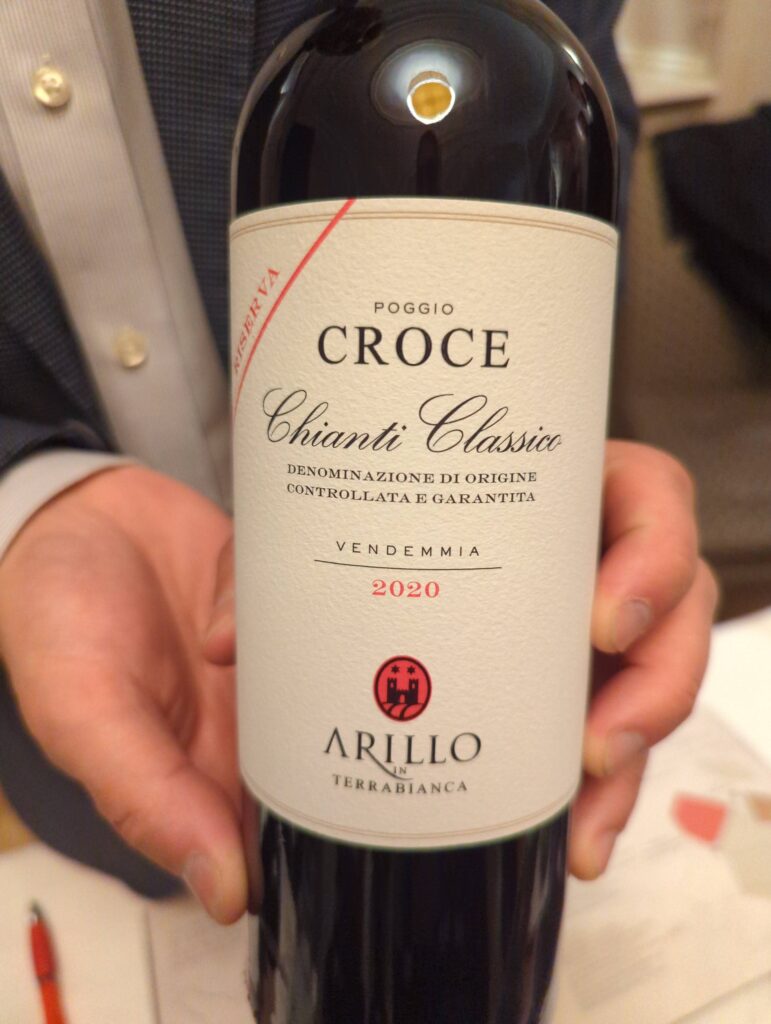
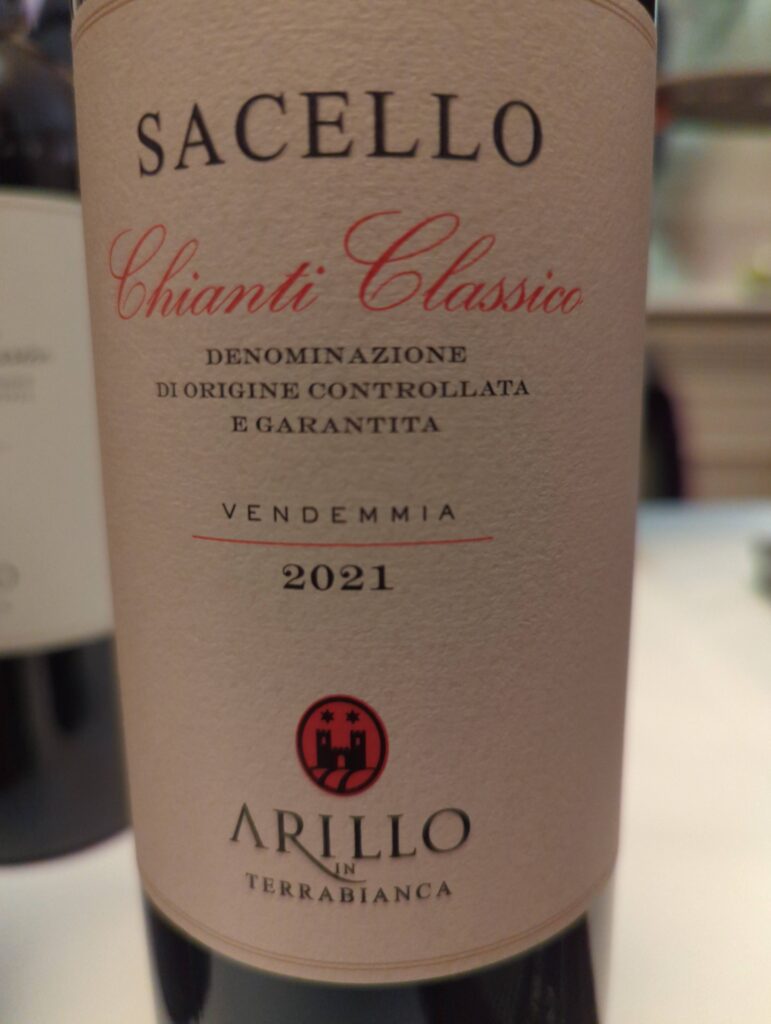
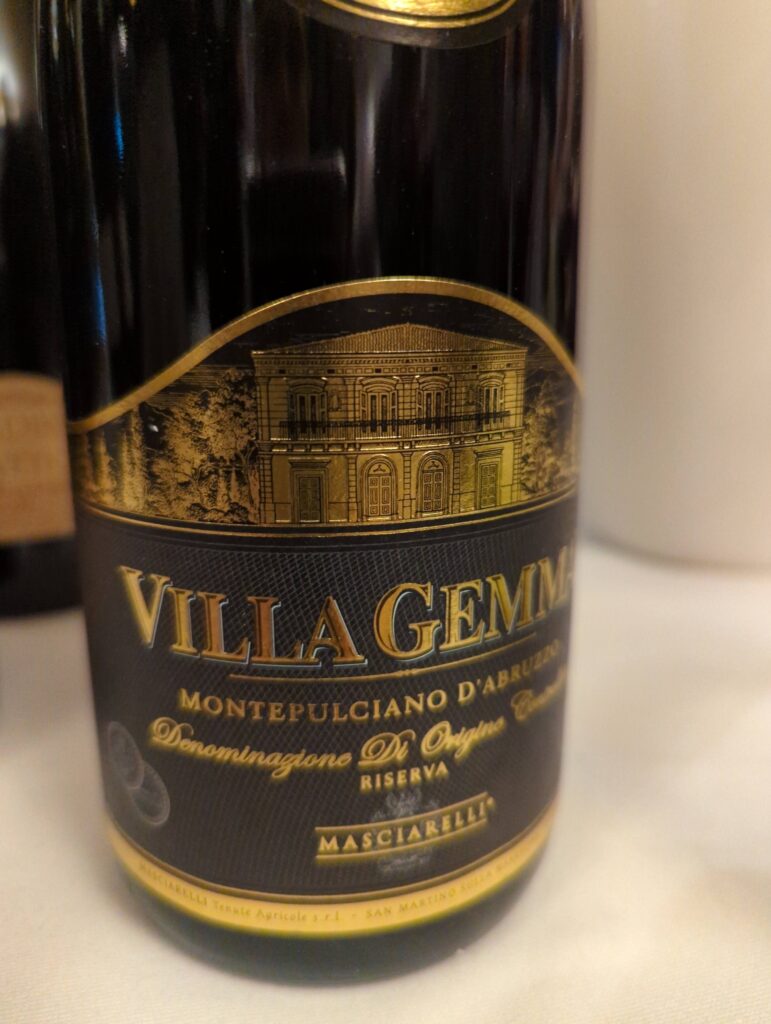

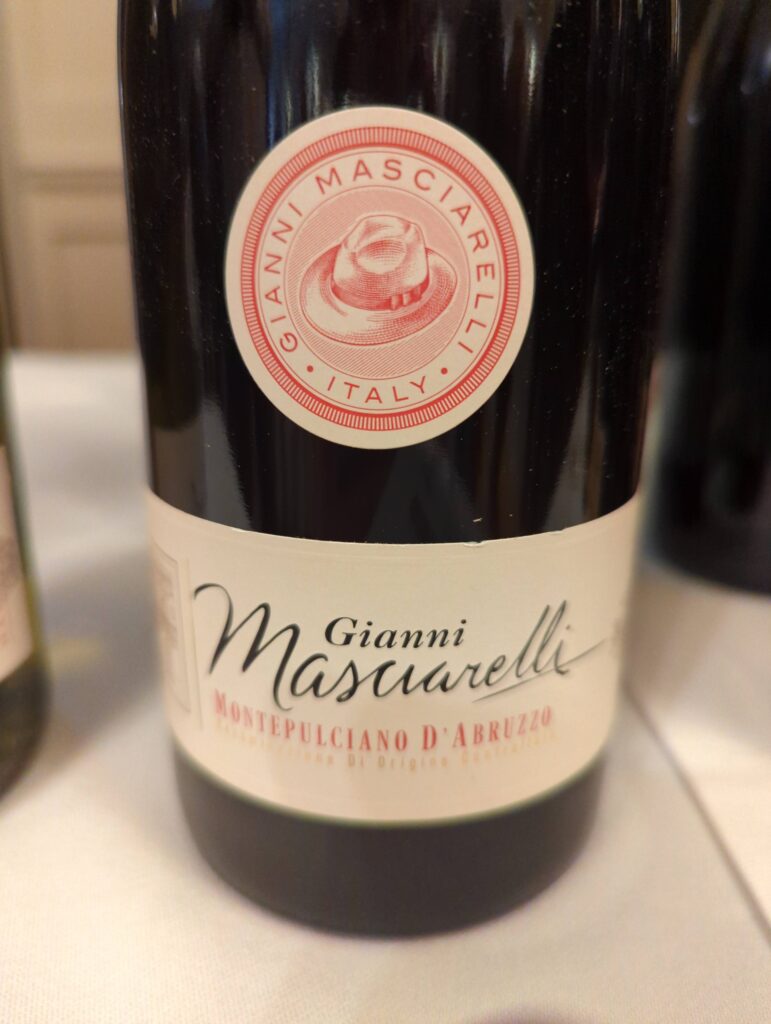

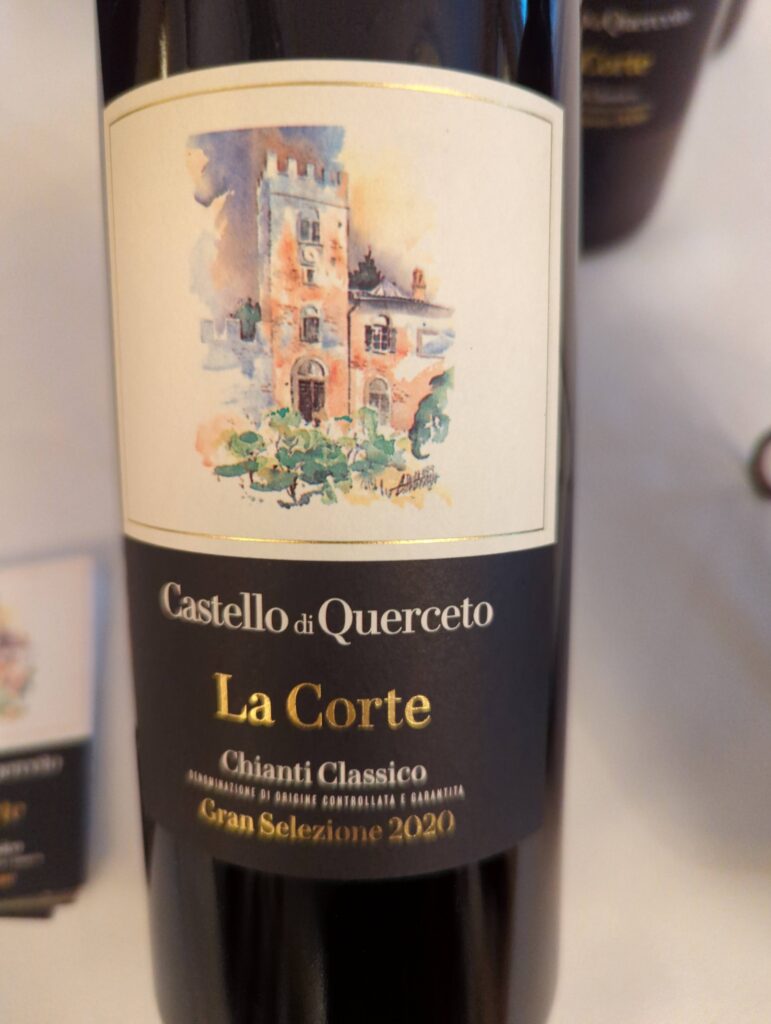
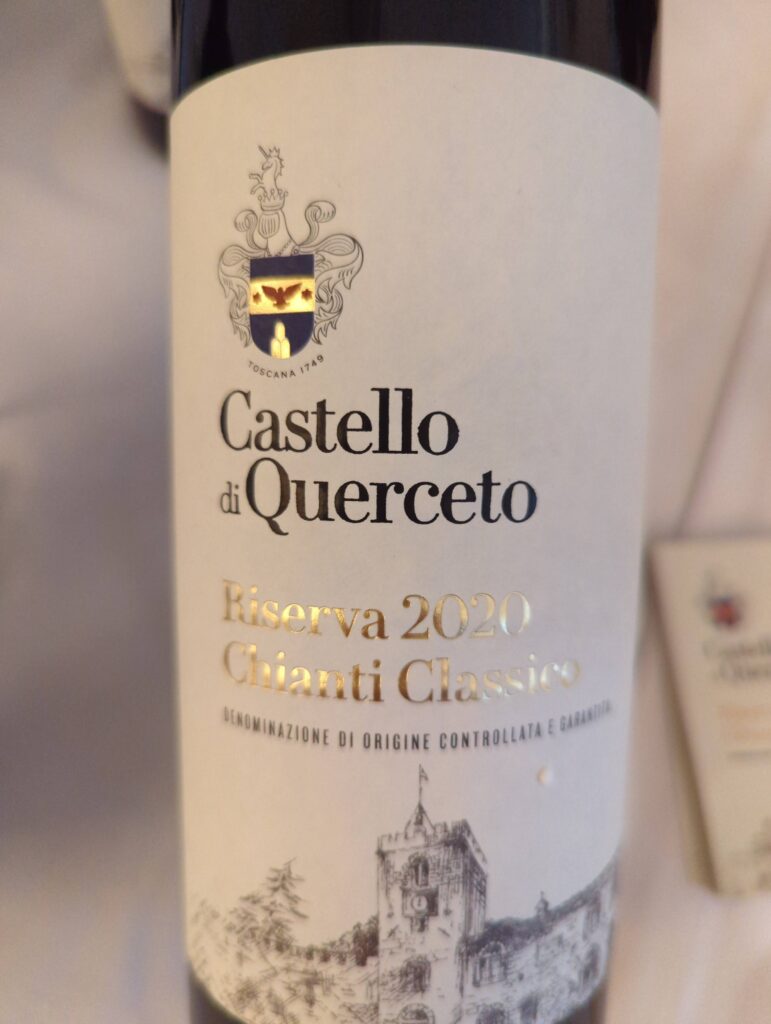
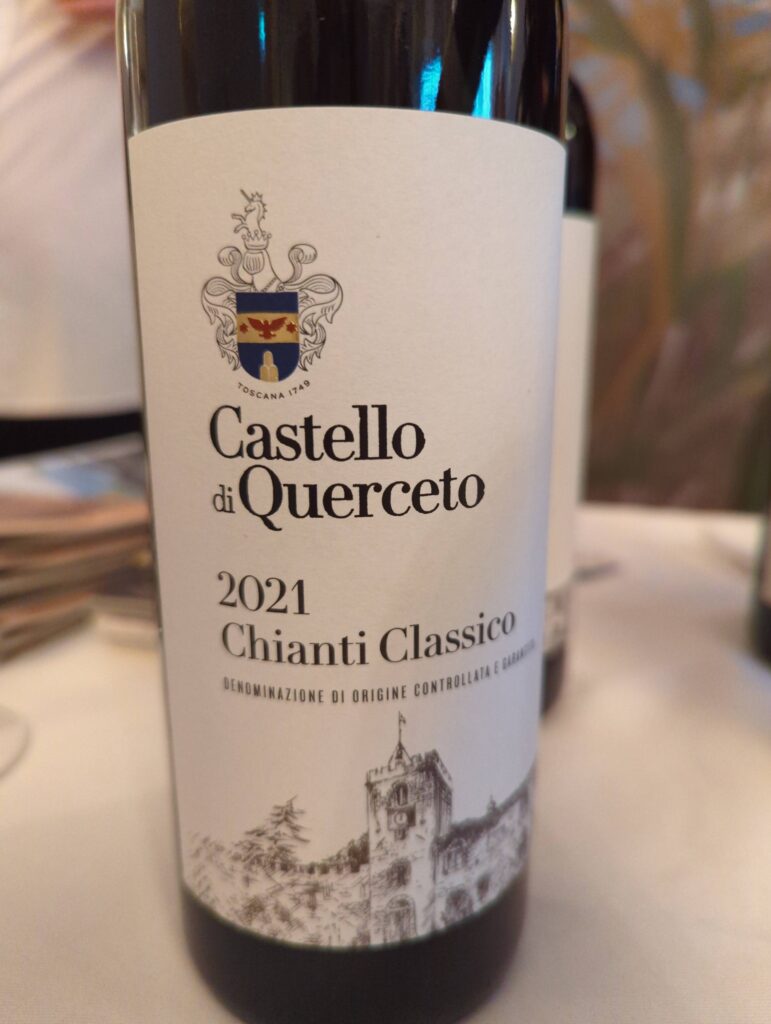
While all the wines I tried were excellent, these are those I liked the most with my reasons and notes:
Masciarelli Villa Gemma Montepulciano d’Abruzzo 2018. 100% Montepulciano. Ruby red and purple. Full bodied. Intense red fruit aroma. Dried fruit, spice and chocolate taste. Excellent balance. Extreme length. Represented in the UK by Les Caves De Pyrene.
Terrabianca Chianti Classico Gran Selezione DOCG 2019. 41yr old vines. 100% Sangiovese. Strong ripe cherry aroma. Fruity with balanced tannins. Persistent finish. Sadly not imported into the UK.
Bulichella Costa Toscana Rosso Rubino IGT 2020. Sangiovese, Merlot, Cabernet. Ruby red. Aromatic red fruit. Lighter tannins so more easy drinking. Long finish. Represented in the UK by Maremma Ltd.
Bulichella Suvereto Montecristo DOCG 2016. Grapes from 3 vineyards. Cabernet, Merlot (70%) and Petit Verdot. Bold nose of red fruit and coffee. Fruity taste. Represented in the UK by Maremma Ltd.
Chianti Rufina Riserva Castello del Trebbio 2018. Sangiovese 90%, 10% Merlot / Syrah. Great dark cherry/spice aroma. Excellent balance. More body than usual for Chianti. Represented in the UK by Ellis Wines.
Faimiglia Casedei Toscana IGT Filare 18 2019. 100% Cabernet Franc. Very aromatic – you can discern the wood barrels without it being overpowering. Intense red fruit comes through on the palate with great length. For me, this was the best wine at the event, including the masterclass. Represented in the UK by Ellis Wines.
The masterclass was an opportunity to learn more about Italian wine and calibrate against not one but two vintages of Tignanello.
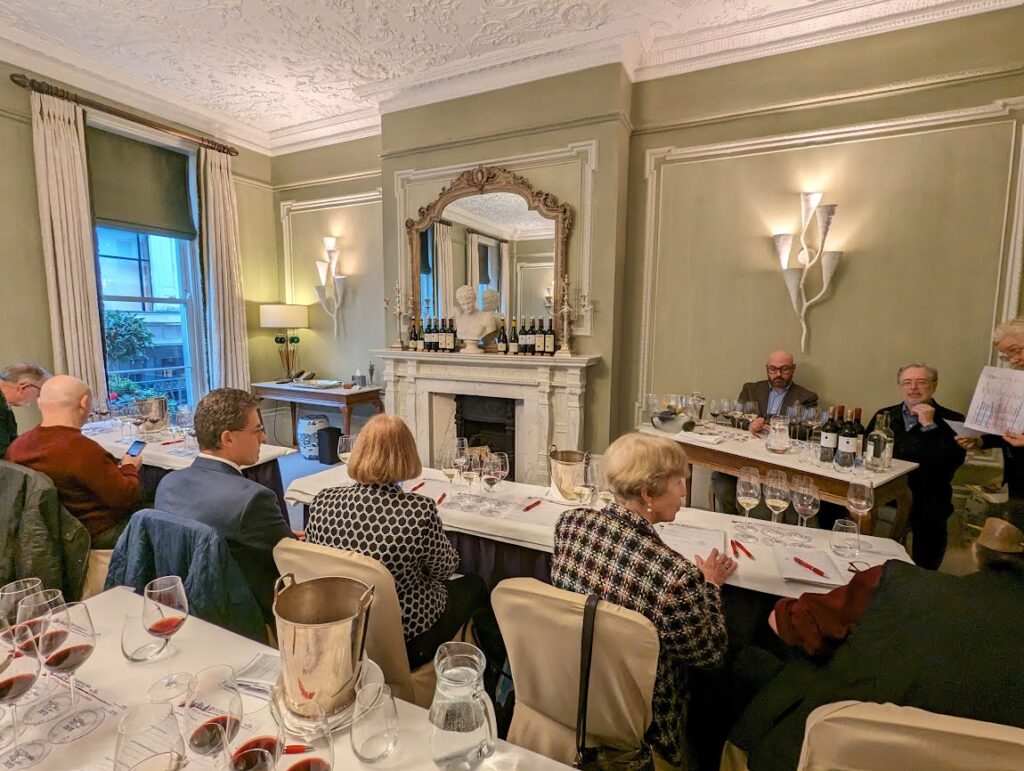
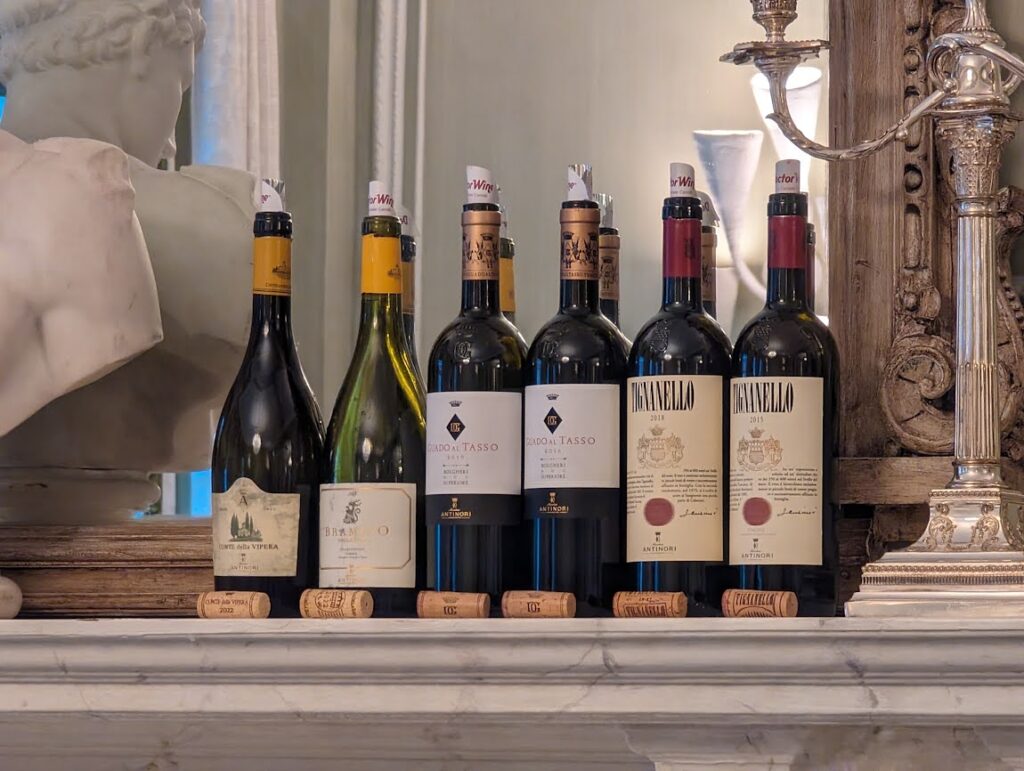
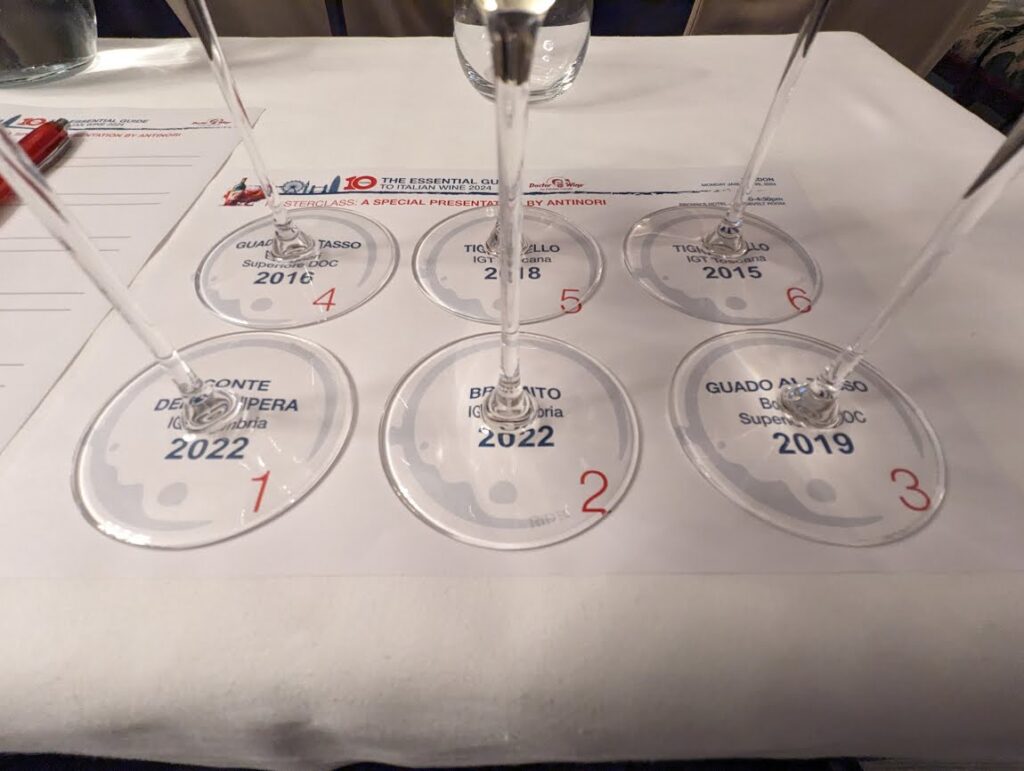
Conte della Vipera IGT Umbria 2022 – Classic Bordeaux blend of Sauvignon Blanc 80%, Sémillon 20%. Passion fruit and flint nose. Mediterranean style is more salty than lemony compared to French style.
Bramito IGT Umbria 2022 – 100% Chardonnay, barrel aged 5 months. Nose of pineapple, spice and vanilla from ageing. Easy drinking, relatively affordable (£35).
Guado al Tasso Bolgheri Superiore DOC 2016 & 2019 – Classic Bordeaux blend of Cabernet Sauvignon 65%, Cabernet Franc 15% and Merlot 15%. Barrel aged for 18 months. Raspberry nose. 2019 was young for this wine that needs to age, hence the higher tannins. The 2016 is one of the 2 or 3 best all time vintages for this wine. More spice, more complex with tamed, velvety tannins.
Tignanello IGT Toscana 2015 & 2018 – Sangiovese 85%, Cabernet Sauvignon 15%. Barrel aged but the Sangiovese is aged for less time and blended after aging. The 2018 is the latest vintage. Aromas and taste of black cherries and hint of spice. The 2015 has a deeper colour, more flavour and more spice.
Daniele Cernilli explained the 2015 Tignanello’s deeper hue as being a result of the grapes getting more sun exposure, which not only enhanced the anthocyanins that give colour but also boosted tannins and polyphenols that contribute to the flavour. He further explained that degree of salivation is a useful indicator of good acidity and tannins in wine. Additionally, he warned against placing too much trust in specific grape variety percentages, as these often fluctuate. Cernilli also mentioned that there’s no fixed ‘recipe’ for a wine, meaning that a wine’s characteristics can change subtly, across a vintage, due to variations in grape batches and the fact that the wine isn’t fermented or aged in a single vessel.
Thanks to Hunt & Speller for the invite to what was a very informative event.




